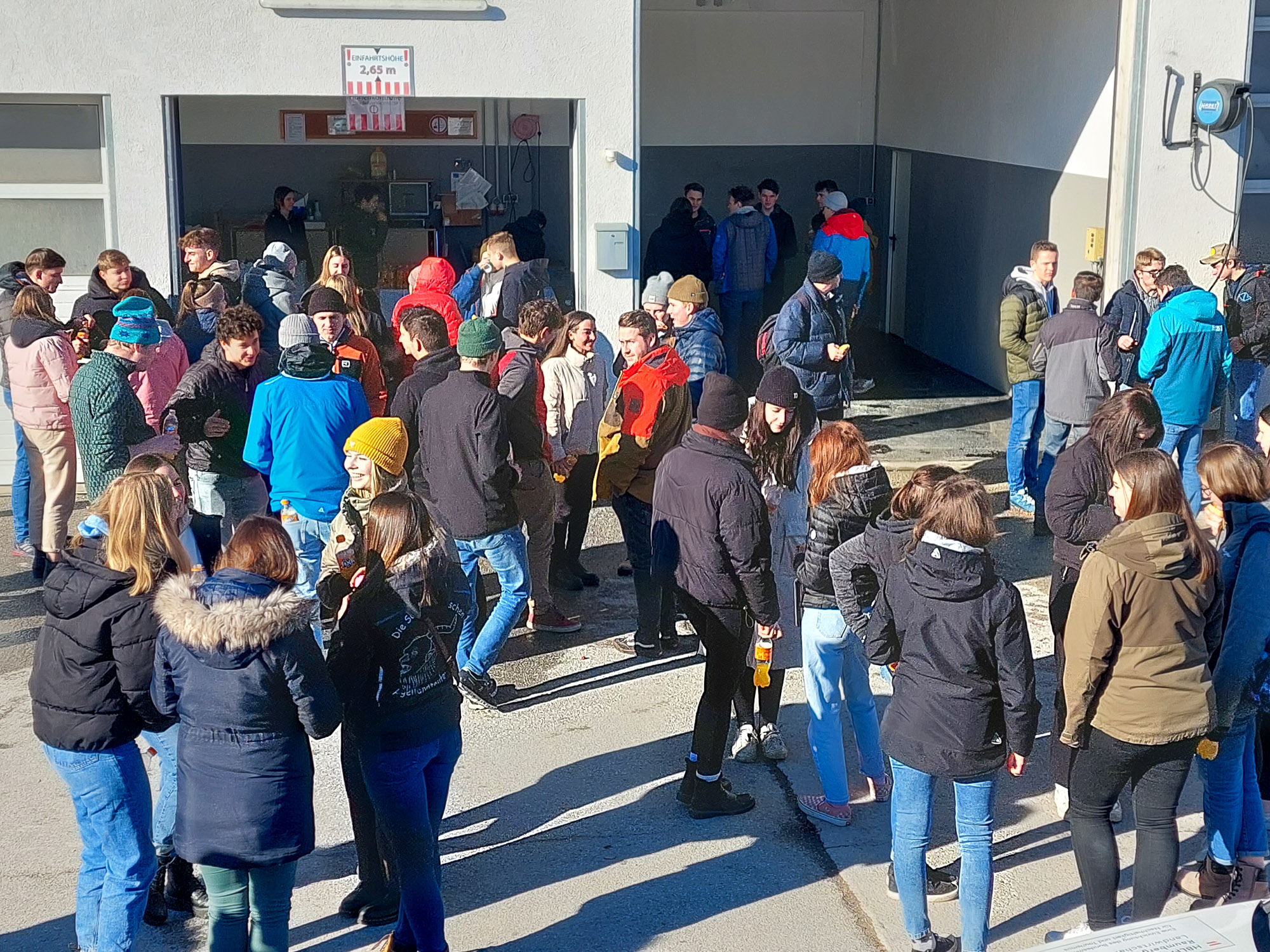Different sensors work together to ensure the optimization of production. We learned that yield and quality measurements are carried out by measuring plant height, reflectance measurement (sun rays) or using the leaf area index. We were also able to get to know various types of drones in practice and were given an insight into the small “agricultural aircraft”.
In an article by veterinarian Dr. Podstazky about endo- and ectoparasites, we got to know various parasites that live at the expense of animals and were even able to take a closer look at some of them using old samples.
After a little refreshment, we went to an interesting article about animal husbandry 4.0, i.e. animal husbandry in conjunction with digitization and networking of animal data. We discussed automated farming, heat detection using a variety of technologies, calving detection and health monitoring, which allows early detection of diseases that have not yet broken out.
After a lunch break, the last lecture followed on climate research in grassland, where we talked about global warming, CO2 emissions and IPPC (UN Intergovernmental Panel on Climate Change) and what effects this can have on us farmers, especially in grassland.
A total of almost 180 students attended this Science Day in Gumpenstein. The scientists' documents can be downloaded here free of charge.
Many thanks to Viktoria Arzberger for this article

















